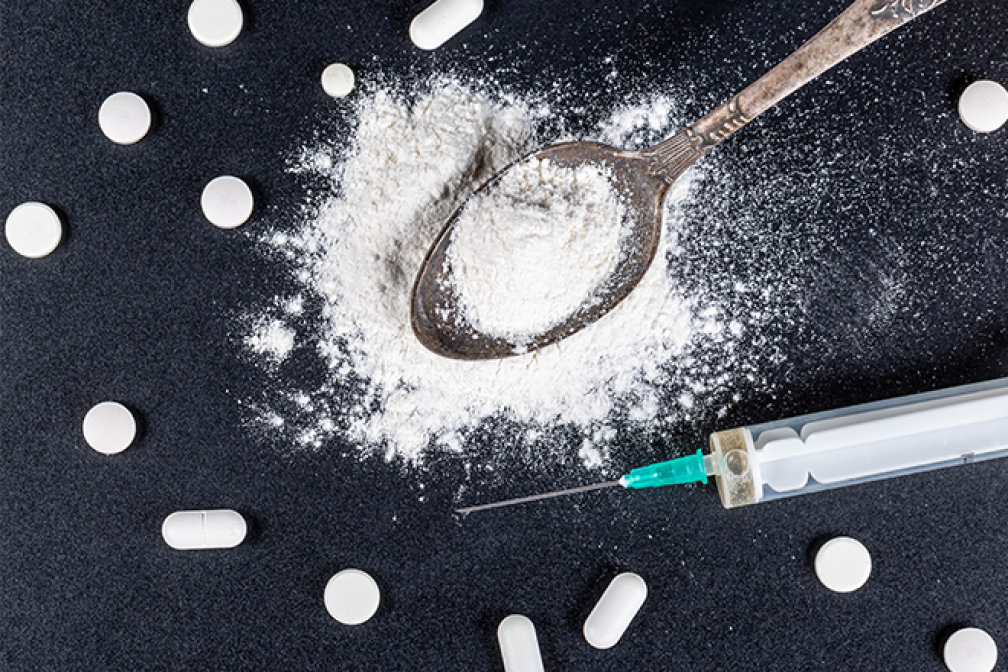New Vancouver law decriminalises personal possession of drugs
Those caught with “hard” substances including heroin, fentanyl, cocaine and MDMA will not be prosecuted
A new law in the Canadian region of British Columbia, which went into effect on Tuesday (January 31), decriminalises the personal possession of all hard drugs.
It means the province, which includes Vancouver, will not prosecute adults over the age of 18 who are caught with less than 2.5 grams of heroin, cocaine, fentanyl, morphine, MDMA, and methamphetamine AKA crystal meth, Bloomberg reports reported.
Those caught will instead be referred to treatment, information and social programmes if they request it.
Read this next: Bust to boom: How drugs won the war on drugs
Selling and trafficking drugs will still remain illegal, no matter the amount that someone possesses, as well as possession in the grounds of schools, childcare facilities and airports.
The law will be in effect for three years, with the policy being reviewed afterwards.
It comes in the face of rising deaths from drug overdoses, having increased to 41.7 per 100,000 in the past year – a five-time increase since 1996 and 13.4 people more than the USA’s 2020 figure, according to data gathered by Bloomberg from British Colombia’s Coroner’s Service.
Read this next: Man took "40,000 ecstasy pills over nine years" and survived, according to resurfaced report
Jennifer Whiteside, British Columbia’s Minister for Mental Health and Addictions said on Twitter: “We are decriminalizing people who use drugs to fight the shame and stigma around addictions. Breaking down these barriers will help create new pathways to life-saving services and care.”
The move also seemed to gain support from Canada’s federal government, with Carolyn Bennett, the federal Minister of Mental Health and Addictions and Associate Minister Health also posting on Twitter. She wrote: “There is no one-size-fits-all solution to preventing or reducing overdose deaths, but this exemption is a start.”
British Colombia has long favoured more liberal policies surrounding the use of recreational drugs, including setting up the world’s first methadone clinic in 1959, as well as providing clean crack pipes for users.
In 2018, Canada became the first country in the world to legalise the use of recreational marijuana countrywide.
***Isaac Muk is Mixmag's Digital Intern, *follow him on Twitter****

